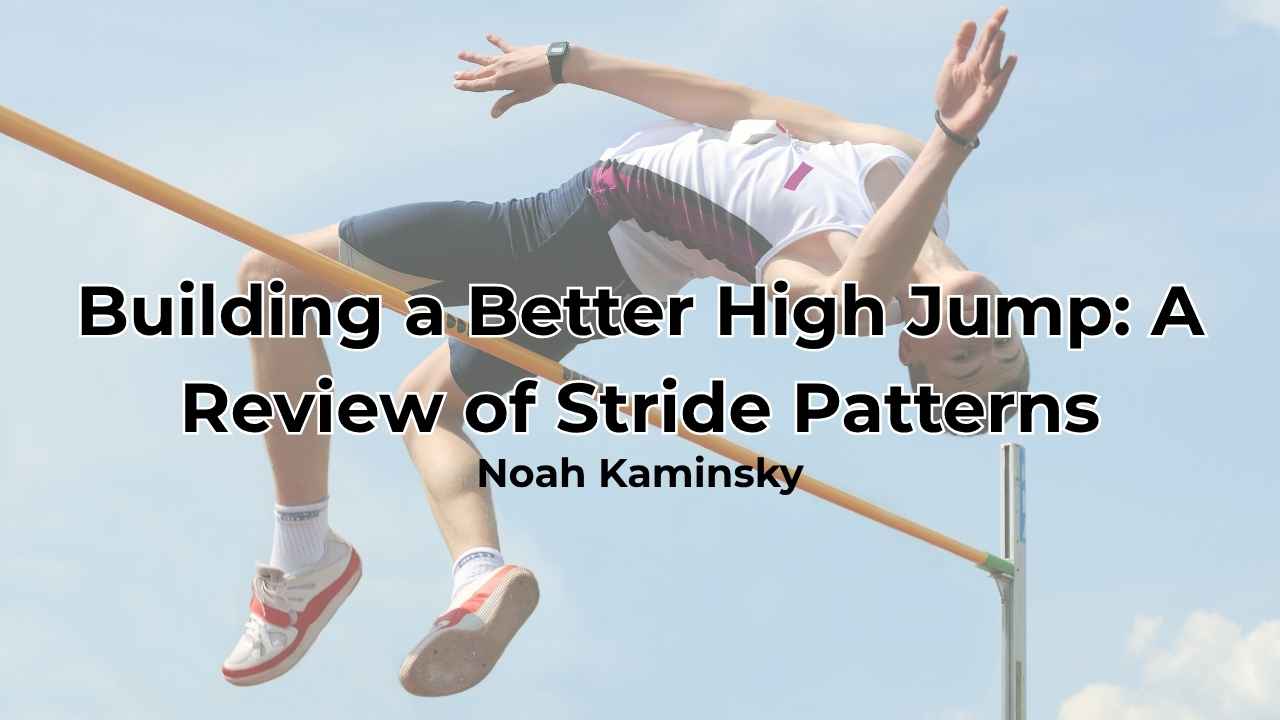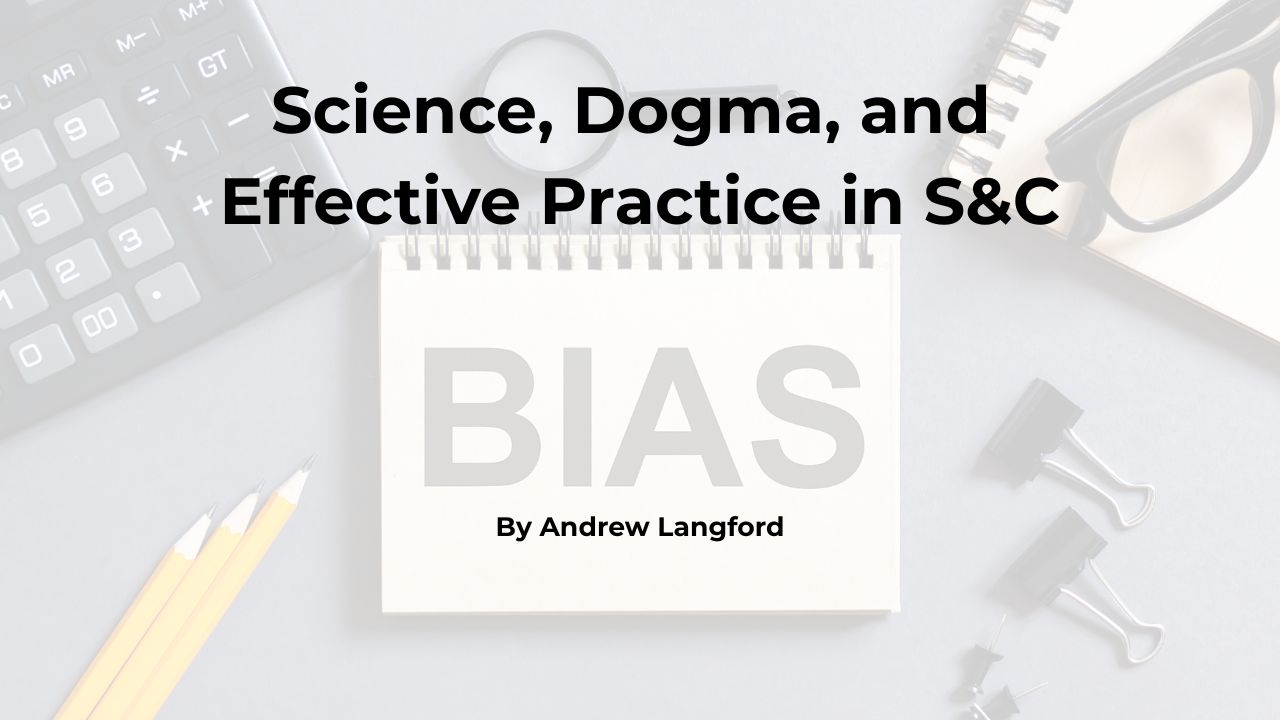[mashshare]

One of the most widely used performance-enhancing drugs in the world is 1,3,7-trimethylxanthine. The World Anti-Doping Association has never completely banned it, although the group restricted it at very high doses before 2004. These days, athletes can take as much of it as they like—and they do, with recent research indicating that roughly three-quarters of anti-doping urine samples contain measurable amounts of the drug.
It’s not just athletes that use and abuse this drug, however; many people are heavily addicted to it, and use it recreationally. Indeed, people will consume an estimated 8 billion portions of it today alone. You might even be consuming it now. So, what is this ubiquitous drug? It is, of course, caffeine.
That caffeine improves performance in humans is beyond doubt, and has been known for well over 100 years. This is true for endurance and team sports, as well as repeated efforts that take place in the gym or on the track. The only real performance activity where caffeine doesn’t have a clear beneficial effect is in one-off explosive activities, such as a sprint or maximum weight lift. However, given that caffeine can affect mood and reaction time, there is still a theoretical benefit. And in my experience, many sprinters do use caffeine as an ergogenic aid.
Given the widespread use of caffeine in sport, you might think that we know all there is to know about it. However, that isn’t the case at all. Researchers are constantly finding out new, interesting characteristics of the way caffeine can affect sports performance. Here are seven you might not know:

Caffeine appears to affect well-trained and recreational athletes differently.
This is a surprisingly understudied area, but some research suggests that caffeine affects trained and untrained athletes to different extents. A 1985 study, “Enhanced metabolic response to caffeine in exercise-trained human subjects”, looked at eight trained and eight untrained males given 4mg/kg of caffeine. While they didn’t measure the effects on physical performance, the researchers found that resting metabolic rate increased to a greater degree in the trained athletes than the novices, potentially because they could release a greater amount of adrenaline following caffeine intake.
Some research suggests that caffeine affects trained and untrained athletes to different extents. Share on X“Benefits of caffeine ingestion on sprint performance in trained and untrained swimmers” build upon these results in 1991, with trained and untrained swimmers assessed over a 100-meter swim with and without caffeine. Only the trained subjects showed an improvement in the caffeine trial. This isn’t always the case, however; a more recent study on caffeine found no real difference between trained and untrained runners over 5 kilometers.

Caffeine affects us all differently.
Even though the caffeine advice for athletes is standardized at 3-9mg/kg, 60 minutes prior to exercise, there is a large range of variation between individuals when it comes to how much a set dose of caffeine improves our performance. A 2008 study, “Ergogenic Effects of Low Doses of Caffeine on Cycling Performance,” showed this very nicely, comparing the effects of low doses of caffeine (1, 2, and 3mg/kg) against a placebo on a 15-minute maximum cycle. The main findings were that caffeine doses of both 2mg/kg and 3mg/kg were ergogenic, improving performance on average 3.9% and 2.9% respectively compared to placebo, and that there was no ergogenic effect of 1mg/kg caffeine.
As the study was small, with only 13 subjects, the authors presented the individual data, which illustrated the large range of caffeine response between subjects. One subject saw a performance reduction at all caffeine doses compared to placebo, while nine others exhibited large variations, finding a performance decrement at some caffeine doses, and a performance enhancement at others. Only four subjects found caffeine ergogenic at all doses. This effect is now well-established, with “Effect of caffeine on sport-specific endurance performance: A systematic review,” a 2012 meta-analysis of 12 studies that utilized time trials concluding that the effects of caffeine were highly variable between studies and individuals.

The variation in the effects of caffeine on individuals is partially due to genetic factors.
A gene called CYP1A2 may potentially modify how much of a performance-enhancing effect we can get from caffeine. A research group first showed this in 2012, with cyclists given the AA “fast” version of this gene having greater improvement in 40-kilometer time trial performances following 6mg/kg of caffeine than AC and CC (“slow”) genotypes. This gene is responsible for 95% of caffeine metabolism within the body, so it may well determine how long caffeine sticks around for to exert its performance-enhancing effects.
It’s also possible that the metabolites of caffeine themselves are more performance-enhancing than caffeine, and so breaking down caffeine to these metabolites more rapidly would be beneficial. Studies presented last year at the ACSM Conference reported similar results, again indicating that fast metabolizing genotypes see a greater performance-enhancing effect. A second gene, ADORA2A, may also affect the size of ergogenic effects following caffeine intake.

The source of the caffeine can be important.
The source of your pre-training caffeine can also alter its performance-enhancing effects, which is partially due to the speed at which different caffeine sources are absorbed and reach the bloodstream. Typically, we expect caffeine levels in the blood to peak around 45 minutes to an hour after ingesting caffeine in liquid or tablet form (which is the reason for recommendations to consume caffeine around an hour before you need it to peak). However, when you take caffeine in the form of chewing gum, your body absorbs it much quicker.
The source of your pre-training caffeine can also alter its performance-enhancing effects. Share on XA 2013 paper on “Caffeine Gum and Cycling Performance: A Timing Study,” found that chewing caffeine gum an hour before exercise had no performance-enhancing effects on a cycle time trial. However, consuming it immediately beforehand did confer its ergogenic effects. In other good news, coffee appears to be as effective as a caffeinated beverage or tablets, provided the caffeine dose is the same.

You might not even need to swallow it.
Having seen in the previous point that the method of caffeine consumption can matter, it may surprise you to hear that some evidence suggests you don’t even have to consume the caffeine for a positive effect to occur. Similar to carbohydrate mouth rinses, which can improve endurance performance, swilling a caffeinated solution around your mouth can improve performance compared to placebo. Other studies have replicated this, although it is not always found. Nevertheless, the possibility remains that simply washing caffeine around your mouth is enough to improve endurance performance.

Caffeine may help recovery from exercise, too.
While the main use of caffeine is to enhance performance during a training session, there is some evidence to suggest that it might also enhance recovery. A 2008 study compared the use of just a post-exercise carbohydrate drink to a combined carbohydrate and caffeine (supplying 8mg/kg of caffeine) drink following an exhaustive cycle test. The subjects that consumed caffeine alongside the carbohydrate after exercise had greater rates of muscle glycogen resynthesis in the four hours following training, illustrating that caffeine may speed up recovery. Due to caffeine’s extended half-life of three to six hours, provided the training session is short (i.e., less than two hours), caffeine consumed 60 minutes pre-training will also have this positive effect on exercise recovery.

If you believe caffeine improves performance, there’s a greater chance it will.
Finally, your beliefs as to the performance-enhancing effects of caffeine alter how much it improves your performance. A 2006 paper, “Placebo effects of caffeine on cycling performance,” put cyclists through three different 10-km cycle time trials. For each time trial, they were told they were consuming different caffeine doses: none, 4.5mg/kg, or 9mg/kg. When told they weren’t consuming caffeine, the cyclists performance dropped by 1.4%. However, when told they had consumed caffeine, their performances increased by 1.3% and 3.1% in the 4.5mg/kg and 9mg/kg trials respectively.
The interesting part of this experiment is that none of the subjects had consumed caffeine at all—they were just told they had! It wasn’t caffeine that improved performance, it was being told they had taken caffeine that improved performance. This indicates that the belief in caffeine is an important part of its performance-enhancing effects.
The downside is that, if you believe caffeine improves performance but you think you haven’t consumed it, then your performance might suffer. Last year’s “Placebo in sport nutrition: A proof-of-principle study involving caffeine supplementation,” backed up these findings. It found that when comparing caffeine to placebo, those correctly identifying they hadn’t taken caffeine saw a loss of performance compared to a control trial, while those who thought they had taken caffeine saw an improvement in performance compared to a control trial—even if they hadn’t.
As you can see, the relationship between athletes and caffeine can be a positive one, but is subject to many modifying factors. As research in this area expands, we will be able to create much more personalized caffeine use guidelines. In turn, this will hopefully improve the performance of athletes.
Since you’re here…
…we have a small favor to ask. More people are reading SimpliFaster than ever, and each week we bring you compelling content from coaches, sport scientists, and physiotherapists who are devoted to building better athletes. Please take a moment to share the articles on social media, engage the authors with questions and comments below, and link to articles when appropriate if you have a blog or participate on forums of related topics. — SF
[mashshare]




